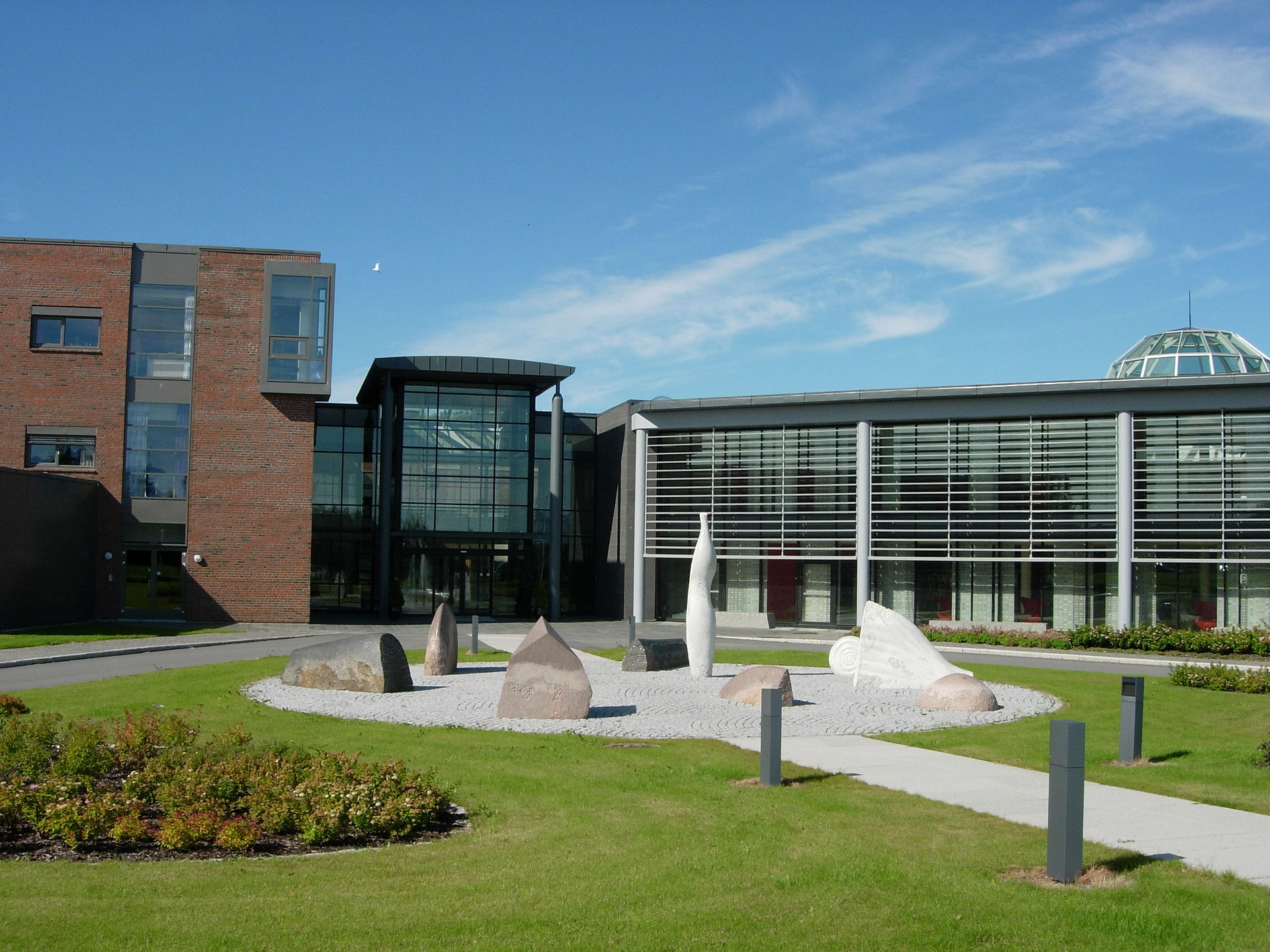The Dissertation Writing Workshops are useful for PhD fellows in all phases of their work. Here you can discuss your work with peers and faculty, and we also focus on a particular challenge in the writing process each time we meet. In Bodø, the workshop will focus on probably the most important text part of a PhD thesis, i.e. the introduction. With experts and peers you will have the possibility to learn more about good strategies to write a fitting introduction for your thesis and can exchange drafts and ideas with the other participants.
The workshop will assist PhD candidates in:
- meeting high international standards in their fields of research;
- improving writing skills and ability to critically assess and comment on manuscripts;
- becoming comfortable with presenting and discussing their work in professional settings, which is essential to their achieving professional and international recognition;
- completing their doctorates within the stipulated time frame;
- building networks with peers and faculty at other universities and university colleges.
In addition to modules on the submitted PhD manuscripts, each workshop focuses specifically on one or several challenges in the process of writing a dissertation. This symposium will focus on how to write a good introduction for your PhD thesis
General introduction and small groups, appr. 2+2 hours: After a general introduction in the plenum student's short introductions are trained and discussed in groups composed of peers and a faculty member. In addition, we allocate up to 45 minutes time for discussion of each available introduction draft. Students read all the drafts in their group carefully and offer comments and suggestions. One of the students are appointed as chair; another as first respondent; and the roles will rotate in the group.
Program
- Basic introduction (plenum)
- Small workshop groups train introducing their topic to the group
- Draft discussion in groups
Student preparations
Students participate with an introduction draft. The text can be early writing (project descriptions, text segments) or more developed texts (draft chapters or articles). Maximum length is 6000 words excl. references. If you submit a longer text, please indicate which parts of the text you want your readers to particularly focus on. The first page(s) should state your name, indicate stage of process you're at (beginning, mid, end/or number of semesters into your project), provide the draft dissertation title and a draft outline of its chapters/articles. We recommend that the draft outline include abstracts of 100-200 words for each chapter/article. Texts should be in Scandinavian languages or English. It is not possible to attend without a manuscript.
In addition, you will be expected to read materials for the joint module, and take part in discussing appr. 3 manuscripts. You will serve as chair for the discussion of one manuscript and as main commentator for another.
Essential information
This will be an in-person course at Nord University in Bodø.
Please register by filling in this application form by 26 April at the latest:
We will accept applications as they come in. Participation is open to students at partner institutions and other students members of the Norwegian Research School in History.
Deadline for manuscripts is Sunday, 9 June. Students upload their manuscripts to Teams. You will be added to the room when your application is accepted.
Course convener: Kjetil Ansgar Jakobsen, Nord University
The workshop is estimated to 1 ECTS.
Costs:
All participants must organise and pay for their own travel to and from Bodø. Free meals and subsidized or free accommodation will be provided for PhD participants affiliated with on of NRSH's member institutions. PhD participants may be required to share twin rooms according to gender.
Partner institutions:
- University of Agder, Department of Religion, Philosophy and History
- University of Bergen, Department of Archaeology, History, Cultural Studies and Religion
- BI - Norwegian Business Schoow, Department of Law and Governance
- Nord University, Faculty of Social Science
- NTNU - Norwegian University of Science and Technology, Faculty of Humanities
- University of Oslo, Department of Archaeology, Conservation and History
- UiT - The Artic University of Norway, Department of Archaeology, History, Religious Studies and Theology
- Volda University College - Social Sciences and History
- University of South-Eastern Norway
Strategic Partner:
